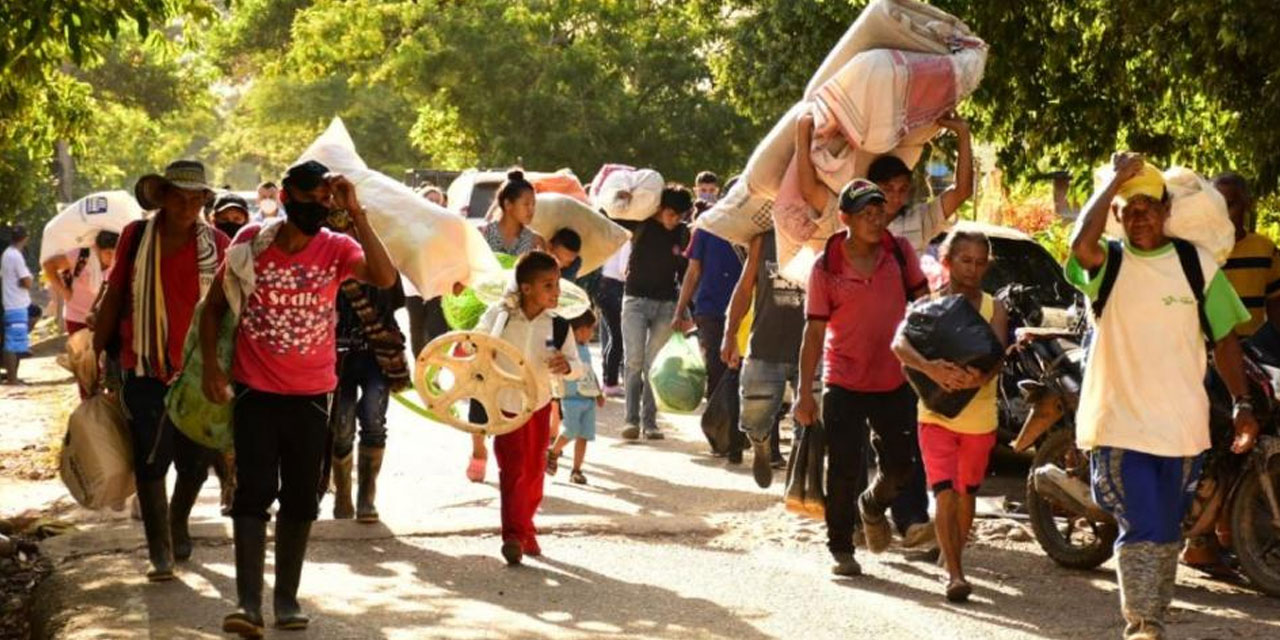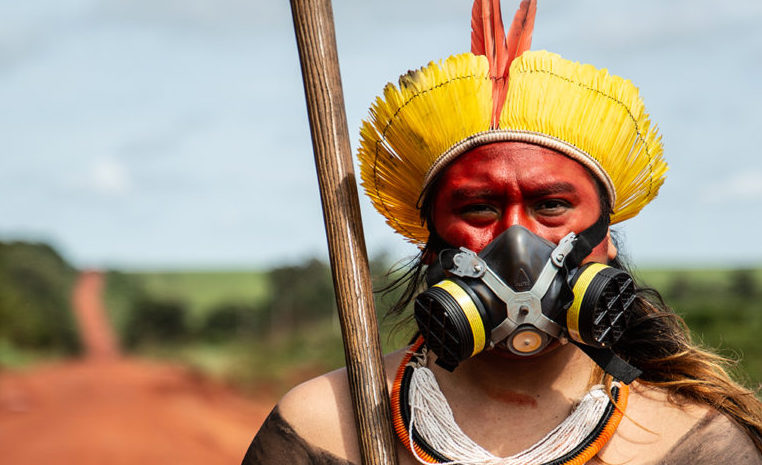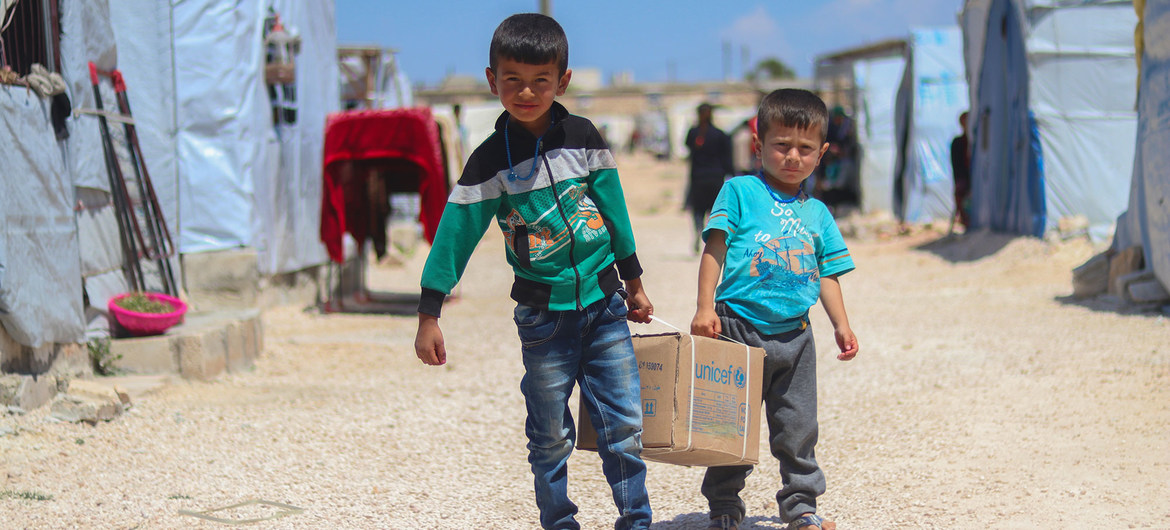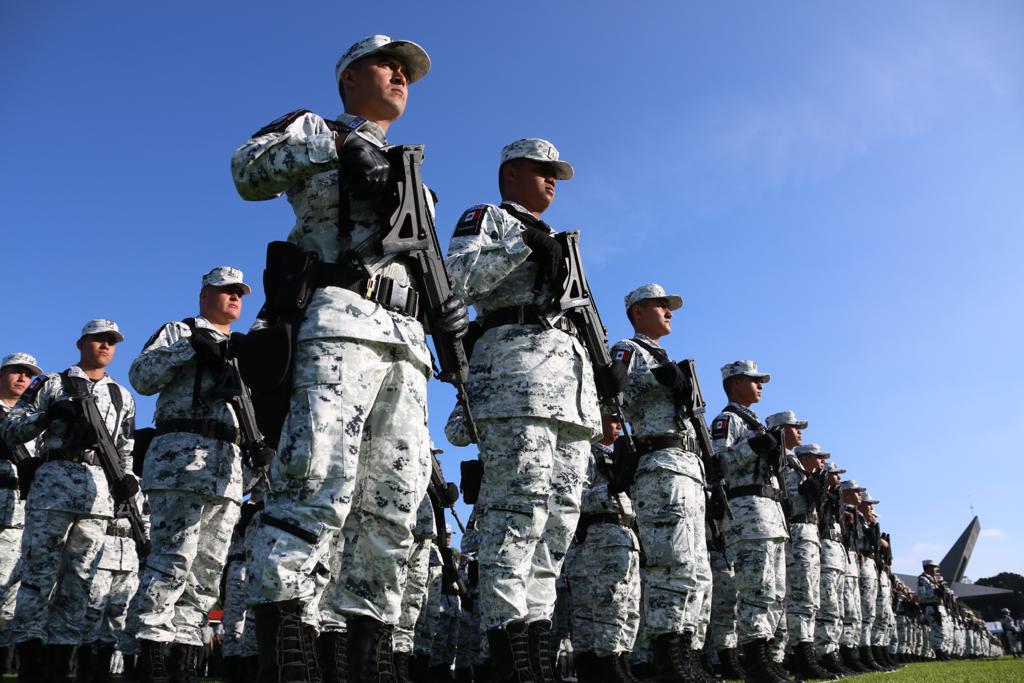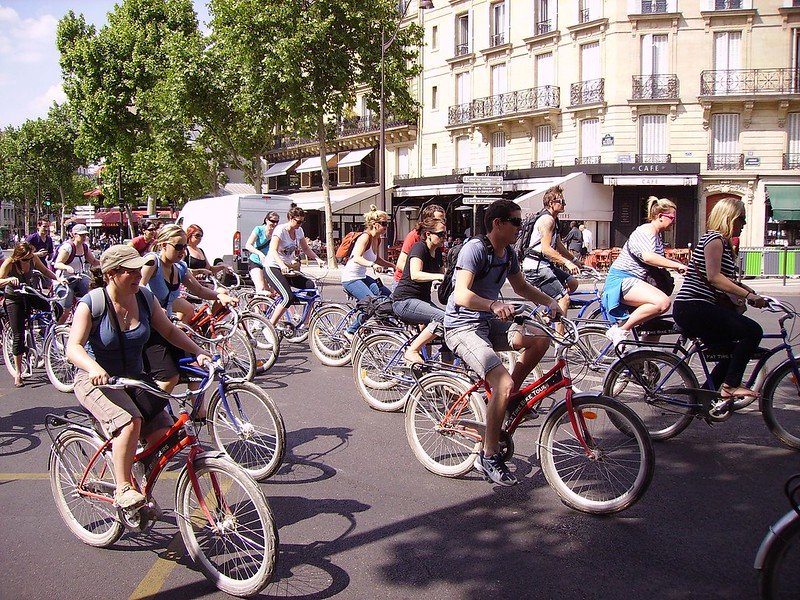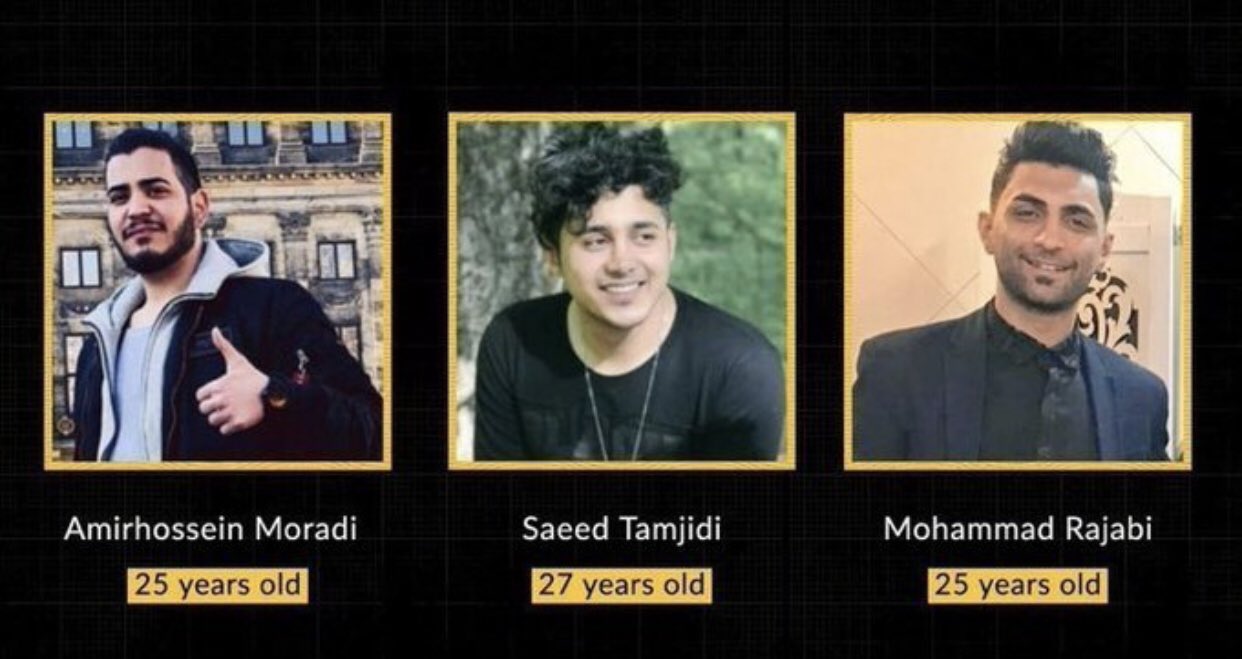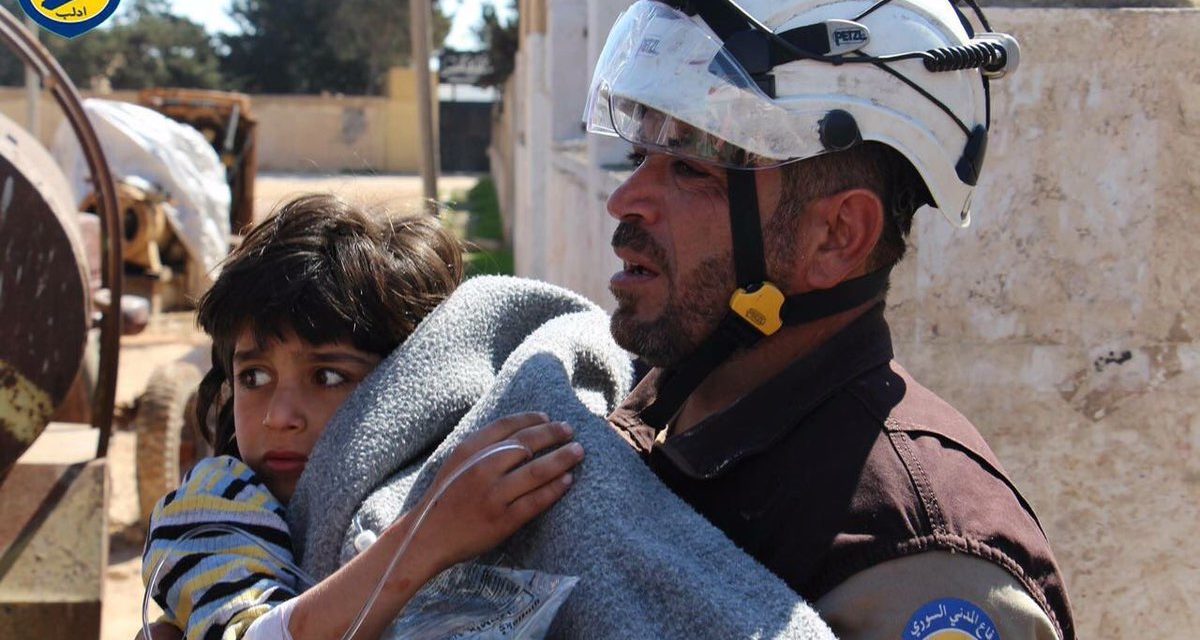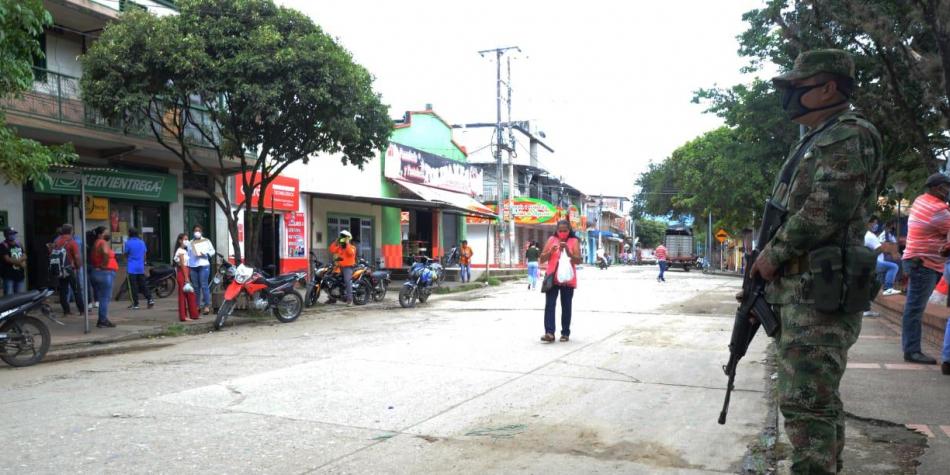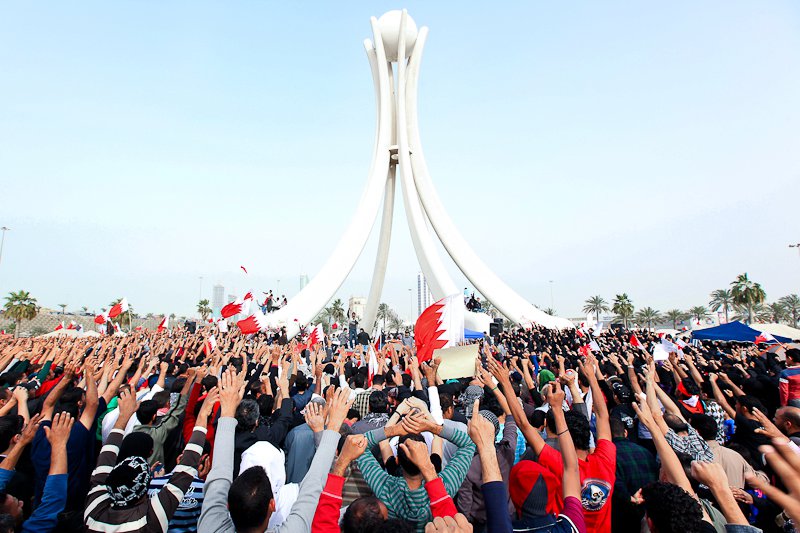
Italy detains another migrant rescue ship
Italian authorities detained another NGO-operated search-and-rescue vessel—the fourth to have fallen foul of “technical irregularities” since the beginning of the pandemic. The move fits a pattern of authorities using administrative procedures to block the work of search-and-rescue NGOs in the central Mediterranean, according to human rights groups. At the end of June, the Ocean Viking, operated by NGO Onboard SOS Mediterranee, rescued 180 asylum-seekers and migrants who had departed from Libya. Authorities in Italy and Malta refused to assign the ship a safe harbor for eight days, leading to a severe deterioration in the mental health conditions of those on board, manifesting in suicide attempts and fights. After the rescued people finally disembarked in Sicily, the Ocean Viking observed a 14-day quarantine before it was inspected and impounded. (Photo: Onboard SOS Mediterranee)



